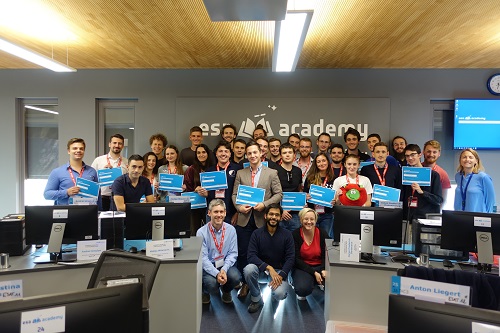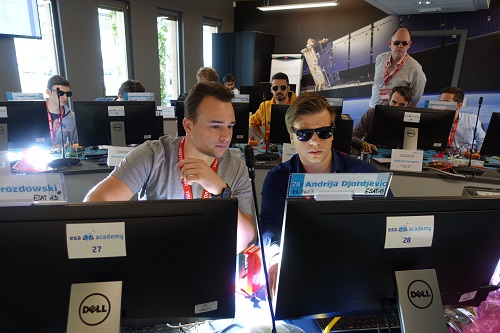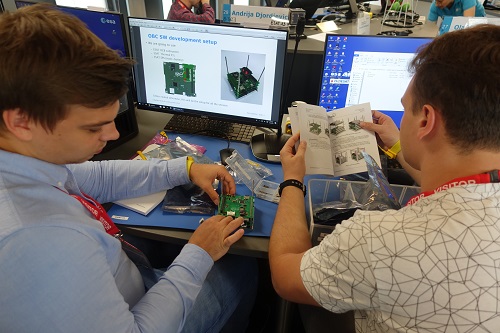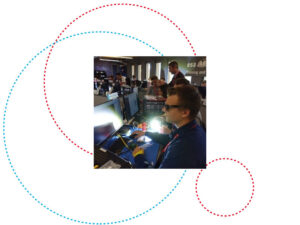Andrija Djordjevic, student in the Bachelor of Science and Engineering in mechanical engineering at the University of Luxembourg, participated in a CubeSat training workshop given by the European Space Agency (ESA) in order to support the development of the University first CubeSat satellite: LuxCube. This was the first time that a Luxembourgish student participated in an ESA Academy workshop.

From 16 to 20 September 2019, Andrija Djordjevic joined the “ESA Academy’s Hands-On Training Week for small satellite design and testing”, organised by ESA Education at the European Space Security and Education Centre (ESEC) located in Belgium. He shares with us this outstanding experience.
How did you apply for this programme?
“To apply for this programme, I had to send a motivation letter and CV and be a citizen of an ESA member state. Among the applicants, 26 participants were chosen. Studying mechanical engineering, having worked and still being part of the Luxcube, our university’s first Cubesat team, which is also the reason why I applied, and having helped organised the 11th European CubeSat Symposium, I had the privilege to be chosen.”

—
hat did you enjoy the most?
“The CubeSat Training Week organised by ESA Academy lasted 5 days, it was composed of lectures in the morning and hands-on training on a CubeSat model in the afternoon, including a visit of the ESA ground station in Redu. The lectures and hands-on training were about the different subsystems, tests and experience. We had to work in groups of 2, my partner was Olaf Drozdowski, a polish engineering student from the Gdansk University of technology. As we stayed all at the same hotel, this was also an opportunity to make friends with students from Romania to Canada and with whom I was able to have some very nice conversations about space and life in their respective countries. I also met the impressive speakers and the Professors from the Polytechnical University of Madrid and was able to have a chat and ask my questions in an informal environment. I enjoyed most working with my lab partner on the training CubeSat and the conversations with my peers and speakers.”

—
What will you do after your Bachelor?
“I would like to specialise in a space master, preferably the one we have at our university, namely the Interdisciplinary Space Master ».
